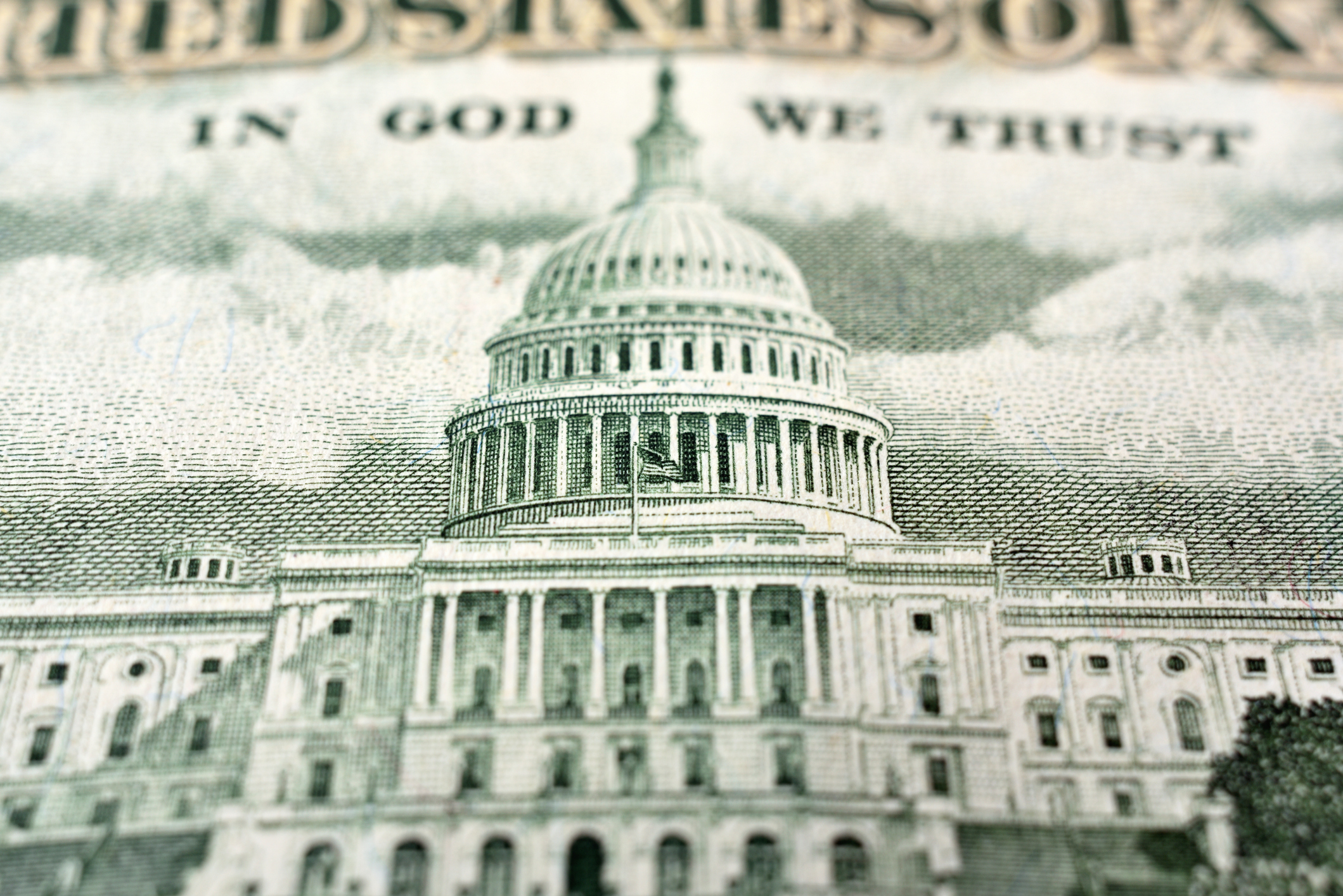
WASHINGTON (BP) — Money for a small business loan program that many churches applied for has been exhausted while Congress remains in a deadlock over more funding.
 The U.S. Small Business Administration (SBA) announced April 15 it could no longer accept applications for the Paycheck Protection Program (PPP) because the $349 billion designated in a coronavirus (COVID-19) relief package enacted in late March is depleted.
The U.S. Small Business Administration (SBA) announced April 15 it could no longer accept applications for the Paycheck Protection Program (PPP) because the $349 billion designated in a coronavirus (COVID-19) relief package enacted in late March is depleted.
The announcement came a day before the White House released guidelines for reopening the American economy. The plan issued Thursday (April 16) calls for a three-phase approach intended to guide state and local officials in determining when to lift some restrictions now in place on individuals, businesses and organizations.
Meanwhile, the Southern Baptist Ethics & Religious Liberty Commission (ERLC) said it would continue its effort to include a provision in a future coronavirus relief bill to encourage giving to churches and other non-profit organizations.
The PPP gained congressional approval as part of a $2 trillion measure designed to provide help to a broad swath of American society — including workers, small businesses, state and local governments, hospitals and educational institutions — while social-distancing and stay-at-home initiatives are in effect to prevent the spread of the coronavirus. The pandemic has resulted in nearly 680,000 confirmed cases and more than 34,000 deaths in this country as of 1:38 p.m. EDT Friday (April 17), according to Johns Hopkins University.
Republican leaders in Congress sought to pass legislation April 9 to add $251 billion in loan guarantees to the PPP, but Democrats blocked the effort in the Senate. Democratic leaders want to add funding to the bill for other concerns, including state and local governments, as well as hospitals.
If the parties eventually come to an agreement on the PPP, it is still expected Congress will seek to pass another phase of relief funding for an economy that has now seen about 22 million Americans file for unemployment benefits in four weeks’ time.
It is uncertain how many Southern Baptist churches applied for PPP loans, which are designed to help small businesses — including non-profit organizations — retain employees and are forgivable if workers are still paid for eight weeks.
The ERLC has not advocated for the PPP in Congress because it desires for each church to be guided by its conscience in deciding whether to seek a loan. After the PPP was enacted, the ERLC provided guidance regarding the religious freedom implications of the program.
ERLC President Russell Moore said he does not believe “there’s a religious liberty or union of church and state problem here.”
“What is happening here is a guaranteeing and backing up of a loan that the government has an interest in because they want to keep the flow of lending going and keep the economy afloat,” Moore said in a Facebook Live interview April 15 with Baptist Press. “A church that’s taking out this loan is no more taking a benefit than a church who calls the fire department when the church is on fire.”
Some churches have chosen not to apply for PPP loans because of church-state concerns.
The White House guidelines call for a “downward trajectory” in documented COVID-19 cases and “positive tests as a percent of total tests” in a 14-day period before states or regions begin the phased-in reopening of their economies.
“Governors will be empowered to tailor an approach that meets the diverse circumstances of their own states,” President Trump said in an April 16 briefing. “We are not opening all at once, but one careful step at a time. And some states will be able to open up sooner than others.”
The ERLC and more than 700 nonprofit organizations had called for raising the $300 cap on the charitable giving deduction in the relief package passed in late March. The entity said it will do so again when Congress considers another phase of economic relief during the pandemic.
“As Congress takes next steps for much-needed relief, we will advocate they revisit ways to help our ailing non-profit sector,” said Travis Wussow, the ERLC’s vice president for public policy, in written comments. “Propelling American generosity with a universal charitable deduction remains a top priority for the ERLC’s engagement on Capitol Hill.
“Millions of our neighbors are hurting as the pandemic’s toll is felt in the staggering tragedy of lives lost and the turmoil of unemployment,” he said. “Even as we look to our elected officials, both locally and in D.C., to lead and find solutions for the way forward, churches, ministries and charities remain essential partners in serving those most affected by the crisis.”
The ERLC had urged Senate and House leaders in a March 19 letter from Moore to extend the charitable deduction to all taxpayers for two years. After this universal charitable deduction was not included in the Senate version of the bill, the ERLC offered its support to legislation offered by Sen. James Lankford, R-Okla., a Southern Baptist.
Lankford introduced an amendment March 22 to the Coronavirus Aid, Relief and Economic Security (CARES) Act in an attempt to boost the cap this year from $300 above the standard deduction to one-third of the standard deduction for Americans who do not itemize for tax purposes. Lankford’s proposal would have meant the limit would increase to $4,000 for a person filing individually and $8,000 for a married couple filing jointly. The Senate failed to include Lankford’s proposal.
The ERLC and other organizations have expressed concerns the pandemic will markedly reduce giving to churches and nonprofits. Many houses of worship and charities could close as a result, they have predicted. The spread of the virus has resulted in the widespread cancellation of in-person worship services of Southern Baptist and other churches since March 15.
















